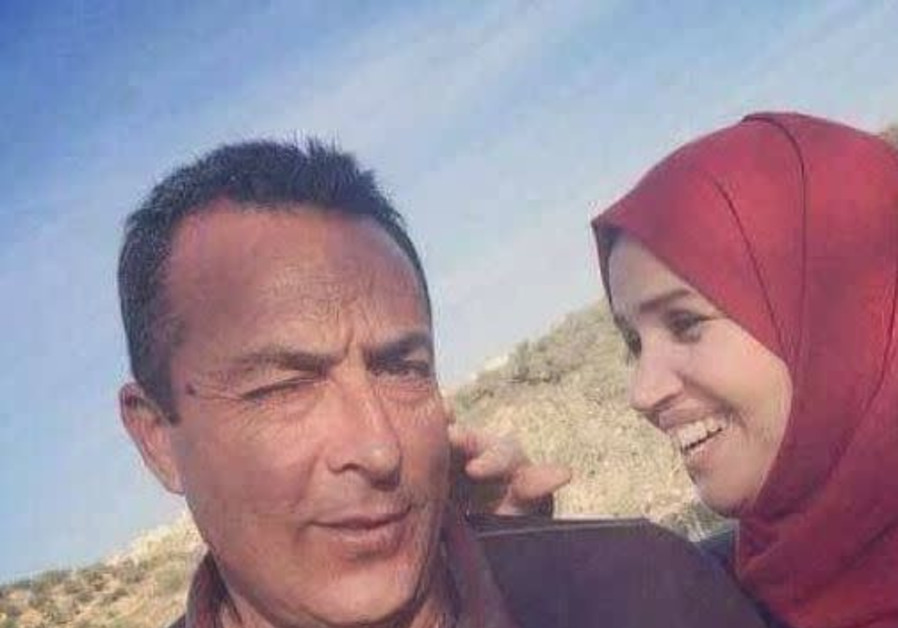In 2018, Al-Rabi was driving on a West Bank road near an Israeli settlement when he car was pelted with stones. Five Jewish minors were arrested in connection with the incident.

A district court judge, Hagai Tarsi, ruled on Tuesday that there is enough evidence to try a 16-year-old Jewish teen for committing a terrorist attack that killed Aysha al-Rabi, a Palestinian woman from the West Bank.
In 2018, Al-Rabi, a mother of eight, was driving on a West Bank road near an Israeli settlement when her car was pelted with stones. Five Jewish minors were arrested in connection with the incident.
The judge noted that there was DNA belonging to the deceased, her husband and the defendant on the stone that hit al-Rabi.
“His and only his,” the judge ruled. “There is no dispute that the Jewish minor touched the stone.”
The judge also said that this evidence could “lead to a high level of likelihood” of convicting the minor.
Additionally, the judge said that the defendant’s silence, even before he became a suspect, strengthened the court’s evidence. Furthermore, the defendant did not establish an alibi.
The father of the defendant claimed that the head of the Yeshiva of Pri Ha’aretz, where the minor has been studying, has testified that the teen was at a Shabbat gathering at the time of the killing of al-Rabi, but did not provide details regarding timing.
The judge said the compilation of facts and evidence could “reasonably lead to the respondent’s conviction in the indictment.”
Until now, no one beside the Shin Bet knew what evidence they had regarding al-Rabi’s death.
Aside from being a Jewish terror case, the case also served to reanimate a debate over the Shin Bet’s aggressive handling of Jews accused of terror. Some argue that Jewish terror suspects should be treated the same as Palestinian terrorists, while others say no and said specifically that in this case the Shin Bet violated the rights of the five teen suspects. There has also been a debate whether or not, the minors were mistreated while under police interrogation.
While the minors were not allowed to talk to their lawyers for an extended period of a time (between five days to almost two weeks), no one has claimed that the Shin Bet used enhanced interrogation techniques on them. It is now understood that one reason that the Shin Bet might have kept the minors in their custody for so long is because of this DNA evidence.
It is not yet clear what will be the fate of the other minors originally arrested.
As reported by The Jerusalem Post
